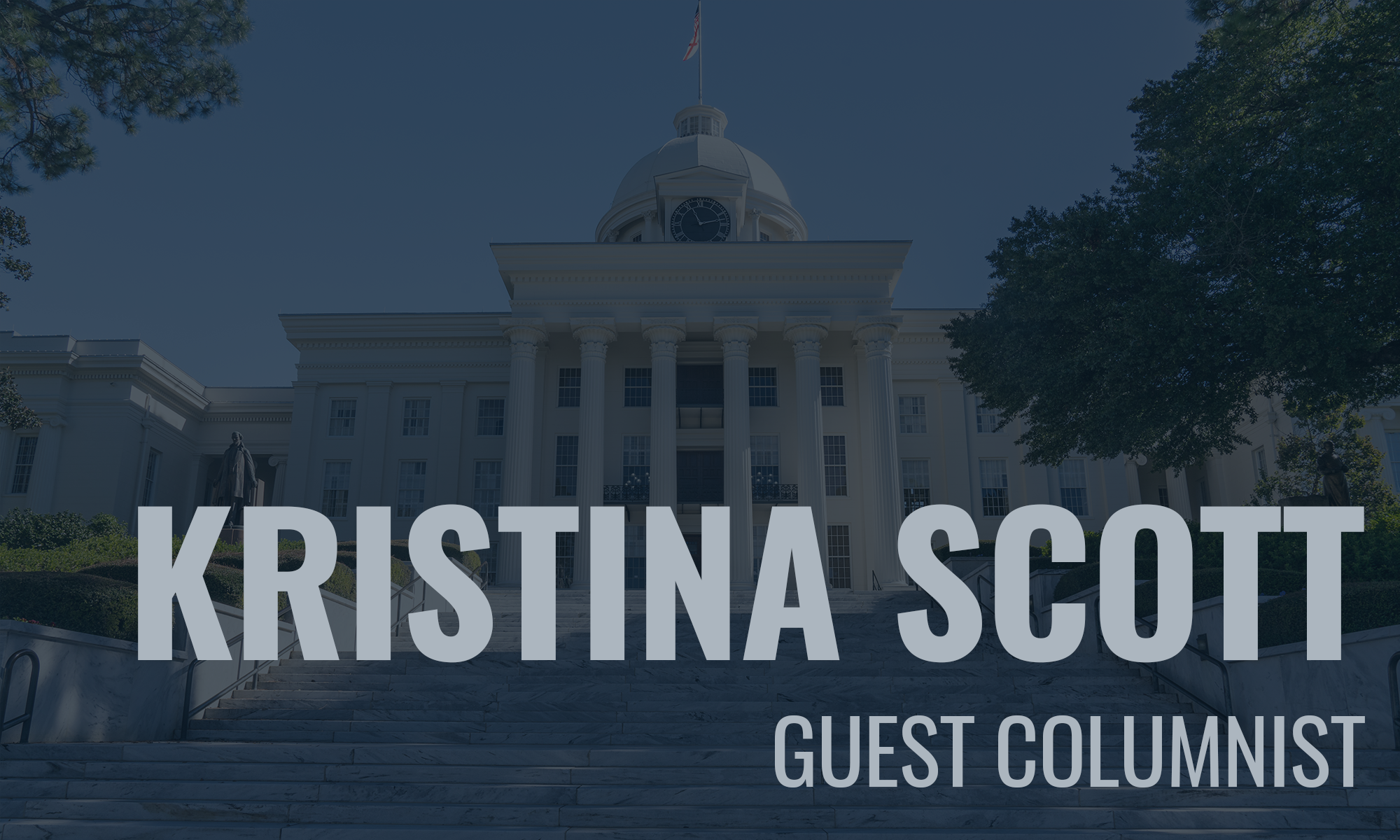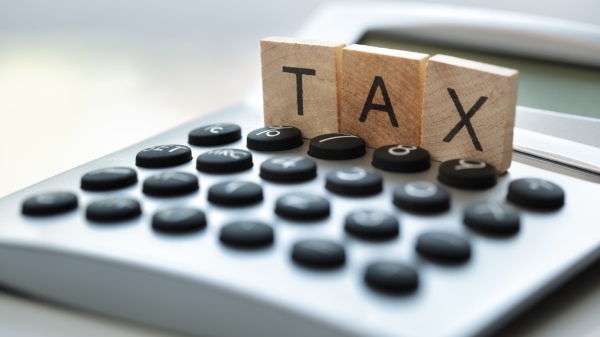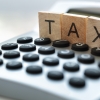While “experts” like the United States’ Ambassador to the United Nations Nikki Haley say it “is patently ridiculous for the U.N. to examine poverty in America,” Alabamians know that what’s actually ridiculous is the hundreds of thousands of Alabamians who live in poverty.
Haley’s comments came in reaction to United Nations Special Rapporteur Philip G. Alston’s examination of poverty in Alabama and a handful of other American states.
Alabama experts also failed to prioritize poverty and homelessness as a serious issue facing the state in the Public Affairs Research Council of Alabama’s (PARCA’s) Alabama Priorities poll. Those experts are business leaders, civic leaders, nonprofit and philanthropic leaders, political science professors, and political journalists.
In contrast, the Alabama voters PARCA surveyed ranked poverty and homelessness as the fifth most serious issue facing Alabama. Alabamians’ concerns about poverty cut across party affiliation, ideology, age, gender, education, and income.
In order to educate both experts and the general public, Alabama Possible releases a poverty data sheet each year. We recently released our 2018 Alabama Poverty Data Sheet in June, and it highlights poverty, economic security, educational attainment, and food security.
There is good news to share: poverty is at its lowest rate since we started publishing the Alabama Poverty Data Sheet in 2010. Just over 800,000 Alabamians live below the poverty line, which is $24,257 for a family of four.
Those of us who are concerned about poverty can’t rest, however. Alabama is still the sixth poorest state in the U.S., and 17.2 percent of Alabamians live below the federal poverty line. Fifteen of Alabama’s 67 counties have a poverty rate higher than 25 percent. Eight counties have a poverty rate higher than 30 percent.
On top of high poverty rates, Alabama’s median household income is not keeping up with the nation’s. The typical Alabama household earned $46,309 in 2016, which is $11,308 less than the national median household income. That gap has grown by $1,547 over the past five years.
No wonder we are concerned about poverty and homelessness. It is getting harder and harder for Alabamians to afford the cost of living.
We also can’t overlook how our state’s complicated racial history impacts poverty and economic opportunity. All eight of the counties with poverty rates above 30 percent are majority African American, and Alabama’s median household income for African Americans is $21,165 less than that of white families.
Alabama policymakers have focused on workforce development with good reason. Alabama faces two great hurdles: not having enough good jobs that support a family and not having enough qualified workers for the jobs we do have. That’s why Alabama Possible supported the efforts of the Alabama Workforce Council in developing the Success Plus strategic plan.
Poverty is complex, and having an income is just part of the puzzle. What about hunger and food insecurity? Basic sanitation systems and clean water? Accessible, affordable mental and physical health care? The opportunity to vote?
Alabama doesn’t have a plan to address these matters. What can we do about it?
Here’s one idea: let’s make it abundantly clear to “experts” that they should be worried about what we think of them, rather than what they think of us.
Use the data sheet to start conversations at your house of worship, in civic clubs and with your colleagues to think about how to better serve low-income people and break down multigenerational barriers to prosperity. Talk about why the issue is important to you; maybe you grew up poor, or you teach in a low-income school and see how the grinding reality of poverty impacts your students.
Don’t forget that it is an election year, and there are plenty of opportunities to talk with candidates who want your vote. You can interact with them on social media, at candidate forums and even at the grocery store. Ask them how they intend to address poverty and homelessness.
And if anyone tries to blame the poor for their economic circumstances, or make excuses for why Alabama is so poor, you can do what Alabamians have done for generations: say “sez you.”
Kristina is executive director of Alabama Possible, a statewide nonprofit organization that removes barriers to prosperity.



















































